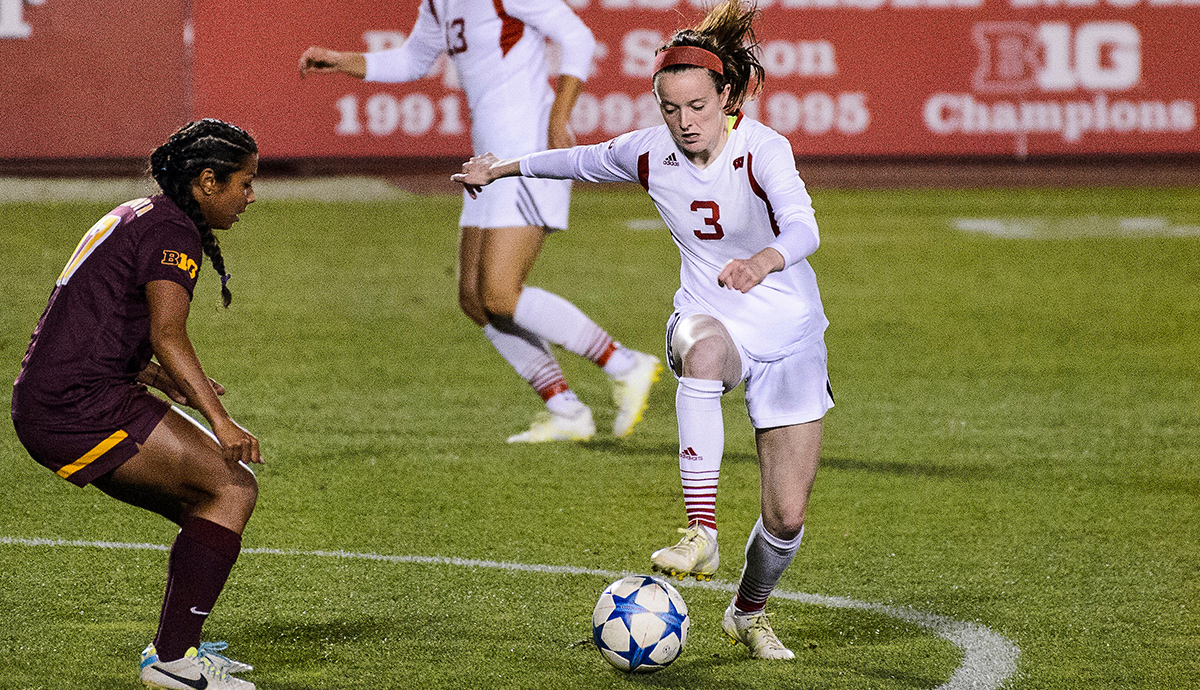
Rose Lavelle: Soccer’s New Superstar
The UW standout battled injuries and doubters to triumph on the international stage.
“A dream come true.”
Rose Lavelle ’17 lets the phrase float in the air for a few beats.
She was eight years old, sobbing on her bunk bed, when the U.S. Women’s National Soccer Team (USWNT) lost to Germany in the 2003 World Cup semifinals. She was in awe, watching in Paul Brown Stadium, when the USWNT came to her native Cincinnati in 2004 and pummeled New Zealand, 6–0.
Now, little girls are watching her, wearing her No. 16 jersey, and wanting to be her.
In May, the former University of Wisconsin All-American midfielder left for France with the USWNT for the FIFA World Cup. When she got there, she arrived — as one of the team’s most vital players, scoring three goals in six games, including a gorgeous title-clinching score in a 2–0 victory over the Netherlands in the July 7 final.
“For her to get that reward on the biggest stage that you possibly can, I’m so proud of her,” Megan Rapinoe, the U.S.’s brightest star and one of Lavelle’s mentors, said after the final match. “She’s a superstar — not even in the making. She’s a straight-up superstar at this point.”
For Lavelle, a spot on the USWNT wasn’t so much the realization of a dream as it was the fulfillment of what she saw as her soccer-playing destiny, even as club and college coaches wondered if her slight frame was up to the rigors of the game.
“Being on this team is something I always envisioned myself doing,” says Lavelle. “I wouldn’t even necessarily say it was a dream, because it felt very real to me and felt like something that was going to happen. And it wasn’t so much, ‘Oh, I’m so good, obviously I’m going to get there.’ [But] I could never even envision my future without it, you know? It’s just something that I always wanted.”
The road hasn’t been easy. Lavelle has confronted doubters and overcome potentially destiny-derailing injuries. But none of it stopped her from becoming the greatest player in Wisconsin soccer history — and who knows the heights she’ll scale in this exciting new stage of her career.
“She’s going to get killed in college”
Once upon a time, many questioned whether Lavelle could withstand the physical demands of Division I college soccer.
“When I met Rose, she was 96 pounds. And a lot of people passed on her because they thought she was too small,” says Badgers coach Paula Wilkins, who is entering her 13th season at the UW after 13 years at Penn State.
Then she draws a comparison she knows is slightly hyperbolic. “I don’t want to make the comparison to [Lionel] Messi,” she says, referring to one of the greatest footballers in history, “but what you can’t catch, you can’t kick. So her quickness helped her out a ton. But people looking at her thought, ‘She’s going to get killed in college.’ ”
Instead, Lavelle excelled during her 2013–16 college career, becoming one of the most decorated female athletes in UW history: a four-time all–Big Ten pick, a three-time All-American, and the No. 1 overall pick in the 2017 National Women’s Soccer League draft. And those who saw her in action didn’t need to be soccer aficionados to appreciate her greatness. It leads Wilkins to another analogy, this one closer to Bascom Hill.
“Did you ever watch Lauren Carlini [’17]?” she asks, referring to the former UW setter and four-time All-American who led the Badger volleyball team to the national championship game as a freshman in 2013. Carlini, now a member of Team USA, is likely to be on the 2020 U.S. Olympic team that will compete in Tokyo. She was also on campus simultaneously with Lavelle. “I don’t know that much about volleyball,” Wilkins continues. “But when I watched Lauren play, I kind of went, ‘She’s different than everybody else. She’s special.’ That’s what Rose was. She was just different than everybody else.”
That first “wow” moment
Elevating her game to the national team’s level took time, however. Lavelle arrived at her first U.S. Women’s National Soccer Team camp in 2015, during her junior season at Wisconsin, and by her own admission was overwhelmed. It’s one thing to believe you are capable of making such a star-studded roster; it’s quite another to share the field — or the dinner table — with iconic players with vast international experience like Abby Wambach, whose career was drawing to a close as Lavelle’s was beginning.
“I think that first ‘wow’ moment I had was a team meal,” Lavelle says. “And it was so weird because all of a sudden, I was in a room with all the people I had grown up watching and aspired to be like and who had inspired me so much.”
Once Lavelle stepped on the field, however, she knew she had to play her game.
“While it was super cool to be playing alongside all these people I’d watched for so long, I felt like I couldn’t let it distract me from trying to get my job done,” she says.
The national team was seeking an infusion of fresh young talent to defend its 2015 World Cup title, and Lavelle was exactly the kind of attacking midfielder coach Jill Ellis wanted in her 4–3–3 formation after a quarterfinal loss in the 2016 Rio Olympics and some up-and-down play in the years that followed. In the five-foot-four Lavelle, she had a creative, technically sound, versatile player. Lavelle’s skill set fit perfectly on a roster that included 10 other first-time World Cup participants and eight starters from the 2015 World Cup team.
Ellis describes Lavelle as “a linking player,” explaining that “her ability to create things, read the game, and link our lines” is what makes her vital to the offensive attack. That means she bridges the on-field gap between the defensive end and the team’s high-scoring forwards.
“She’s a player who can spread the game east–west, and she spreads the game vertically,” Ellis says. “She can also individually solve pressure, and I think that’s a really good profile of a player.”
Fellow midfielder Lindsey Horan, meanwhile, is drawn to Lavelle’s personality as much as her play. “She is just such an interesting, neat person, and I think that kind of translates into her game as well,” Horan told ESPN before the World Cup began. “She’s just always herself, on the field and off the field. She is a little quirky and a little bizarre at times. I think that’s what is so funny about her — some of the stuff she says just comes out of nowhere. But that’s typical Rose.”
Ailing physically and mentally
Shortly after joining the U.S. Women’s National Soccer Team, Lavelle suffered a setback: a hamstring injury that would dog her for more than a year. The path back to health and the starting lineup would be as painful mentally as it was physically. But with the help of a sports psychologist, she found herself again and finally was cleared by doctors in time for World Cup qualifying last fall.
“I thought once I was back playing, the hard part was over, but honestly, that was the hardest part for me — mentally,” Lavelle explains. “Because I had to reteach myself to do things that had come so naturally to me to that point, and I had never felt so low, confidence-wise, in my career. I’ve always been pretty confident, and everything flowed and was so natural for me. And now I was back, and nothing felt natural. I felt so out of my element.”
Finally, Lavelle got her confidence back and — crucially — started to enjoy herself on the field again. It showed during the World Cup, as she overcame a scare with her hamstring late in the semifinal match and was back in the lineup for the final. Throughout the tournament, her creativity was on clear display, and teammates, coaches, opponents, and analysts alike pegged her as the Americans’ breakout player.
“A very special player”
Lavelle earned especially high praise from Rapinoe and veteran U.S. forward Alex Morgan, the team’s two most experienced and best-known stars. Rapinoe and Morgan finished as the top scorers in the tournament, earning the Golden and Silver Boots, respectively, with six goals and three assists each. Lavelle won the Bronze Ball as the tournament’s third-best player.
“She brings something different,” Morgan explains. “She’s obviously very crafty — I tell her every game just to play her game and that’s taking on players, dribbling, finding herself in the pocket.
“She’s a very special player. I don’t think you see that kind of player in the U.S. often.”
As a star of the World Cup, Rose Lavelle’s dream — or whatever she wants to call it — has come true. Now she’s proud to be in a position to inspire a whole new generation of dreamers.
“It surprises me that people want to talk to me and hear what I have to say and look up to me,” Lavelle says. “But I know how important it was for me to have players to look up to and how that shaped me and inspired me to get to where I am now. So it’s kind of cool to be able to serve as that role model.”
Jason Wilde ’94 is a three-time Wisconsin Sportswriter of the Year and is beginning his 24th season covering the Green Bay Packers for ESPN Wisconsin and the Wisconsin State Journal
Published in the Fall 2019 issue
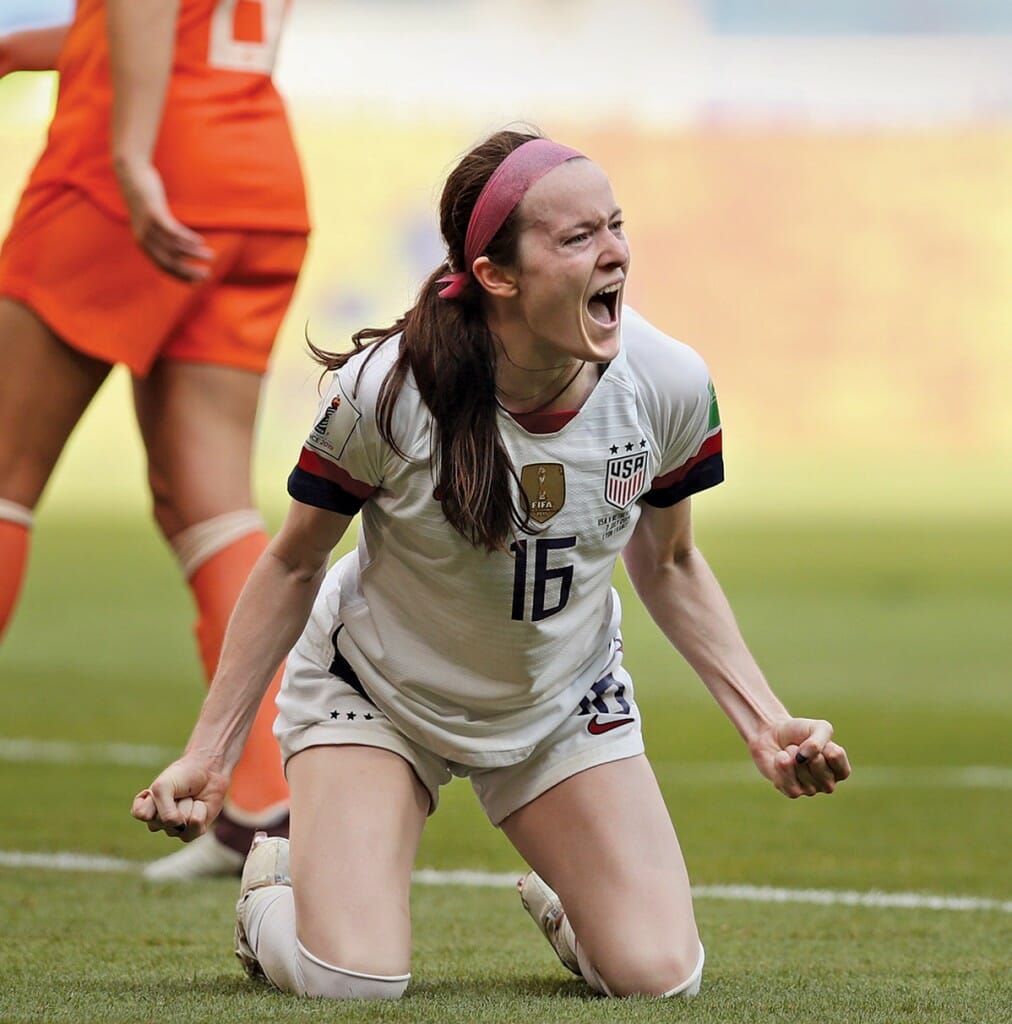
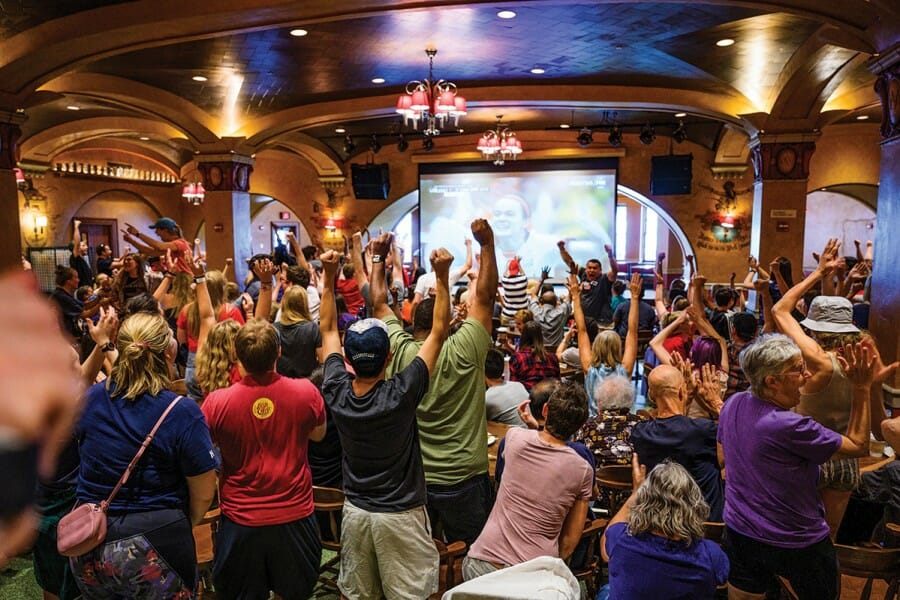
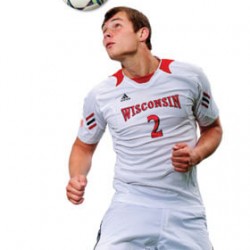

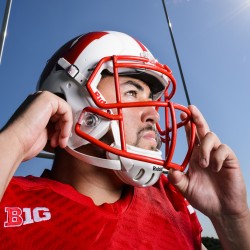
Comments
No comments posted yet.